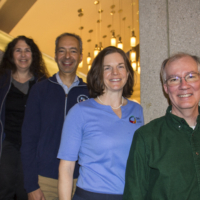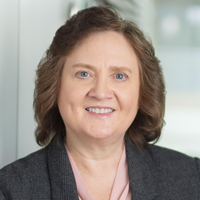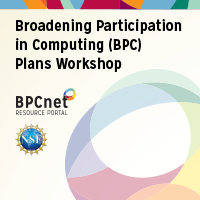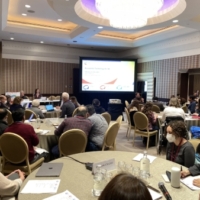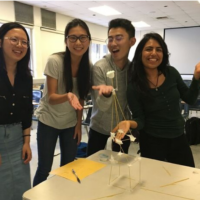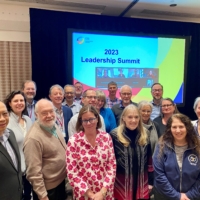
CRA Update: Keeping you in the know – 2023 CRA Leadership Summit and Winter Board Meeting Recap
On February 23-24, 2023, CRA hosted its annual Leadership Summit for senior leadership of computing related professional societies as well as its winter Board meeting in Washington, DC. Below is a summary of the items discussed during the sessions. The next CRA Board of Directors meeting will be held July 13-14, 2023 in Portland, Oregon. If you have suggestions on agenda topics for our July 2023 CRA Board meeting (e.g., breakout room topics), please provide them here.


